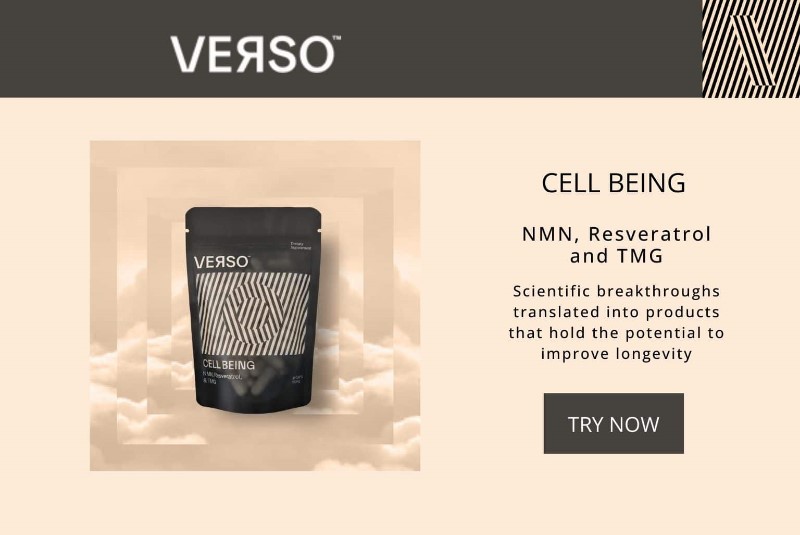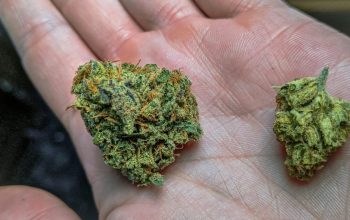This knowledge can then be translated into targeted therapies that specifically attack cancerous growths while sparing healthy tissues. Furthermore, recent advancements in genetic engineering techniques have allowed scientists to modify versa cell genomes with precision never before possible. This opens up new avenues for studying genetic disorders and developing personalized medicine approaches tailored to individual patients’ unique genetic makeup. By editing the genes of verso cells, scientists can recreate disease-specific conditions in the lab and test potential treatments before applying them to patients. Despite these exciting discoveries, there are still many challenges that need to be overcome in verso cell research. One major hurdle is ensuring the safety and efficacy of using verso cells in clinical applications.
Extensive preclinical studies and rigorous regulatory processes are necessary to ensure that any therapies developed from verso cells are safe for human use. In the vast realm of biology, cells are the fundamental building blocks of life. They work together in perfect harmony to create and sustain every living organism on Earth. Among these incredible cellular ensembles, Verso Cells stand out as a symphony of cellular harmony. Verso Cells are a unique type of cell that possess remarkable adaptability and versatility. Unlike other cells that have specific functions within an organism, Verso Cells can transform themselves into different types of cells depending on the verso cell being needs of the body. This ability is known as pluripotency, which allows them to differentiate into any cell type found in the human body.
The discovery and understanding of Verso Cells have opened up new possibilities for regenerative medicine and tissue engineering. Scientists believe that harnessing their potential could revolutionize medical treatments by providing personalized therapies for various diseases and injuries. One area where Verso Cells show great promise is in organ transplantation. Currently, there is a shortage of organs available for transplant, leading to long waiting lists and high mortality rates among patients in need. However, with the help of Verso Cells, it may be possible to grow fully functional organs in laboratories using a patient’s own cells as starting material. This process involves taking a small sample from the patient’s skin or blood and reprogramming those cells back into pluripotent stem cells – similar to Verso Cells – through genetic manipulation techniques.




